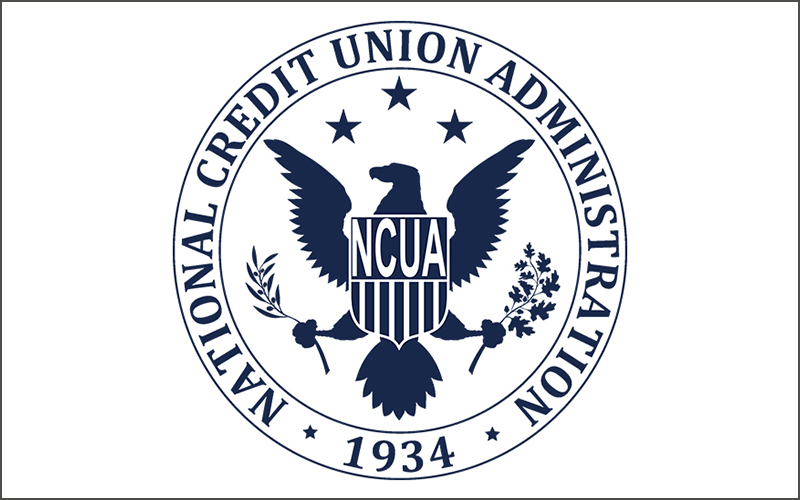NCUA Issues Guidance on ECIP 30-Year Maturity Date Utilization
Posted by Ben Shuey on October 22, 2021

On Wednesday, the NCUA provided letter guidance to the nation’s credit unions looking to utilize the full 30-year Emergency Capitol Investment Program (ECIP) dollars to maximize credit union participation in the U.S. Department of Treasury subordinated debt program.
In a statement from the letter NCUA outlines, “Low-income credit unions may receive 30-year subordinated debt investments from the ECIP. A low-income credit union may also treat this ECIP funding as secondary capital in accordance with the NCUA’s regulations provided that any low-income credit union receiving secondary capital treatment has an NCUA-approved secondary capital plan by December 31, 2021.”
We have heard from several our Northwest credit unions and industry partners about the potential misalignment of maturity dates from the ECIP to the NCUA secondary capital regulation, which could hinder utilization of the full ECIP subordinated debt program. Following these discussions, we shared our concerns with NCUA leaders and will still be submitting a comment letter on the long-term program alignment.
Before ending Thursday’s NCUA Board Meeting, Chairman Harper provided an additional clarifying statement on the ability for credit unions to utilize 30-year Emergency Capitol Investment Program (ECIP) dollars. We appreciate the NCUA Board’s rapid response to this matter to ensure our LICUs can maximize credit union participation in the Treasury’s ECIP subordinated debt program.
Read the full ECIP Letter Guidance from NCUA.
Read the NCUA Press Release on the ECIP Letter Guidance and Action.
Posted in Advocacy News, Advocacy on the Move, Idaho Advocacy, Oregon Advocacy, Regulatory Advocacy, Washington Advocacy.


















